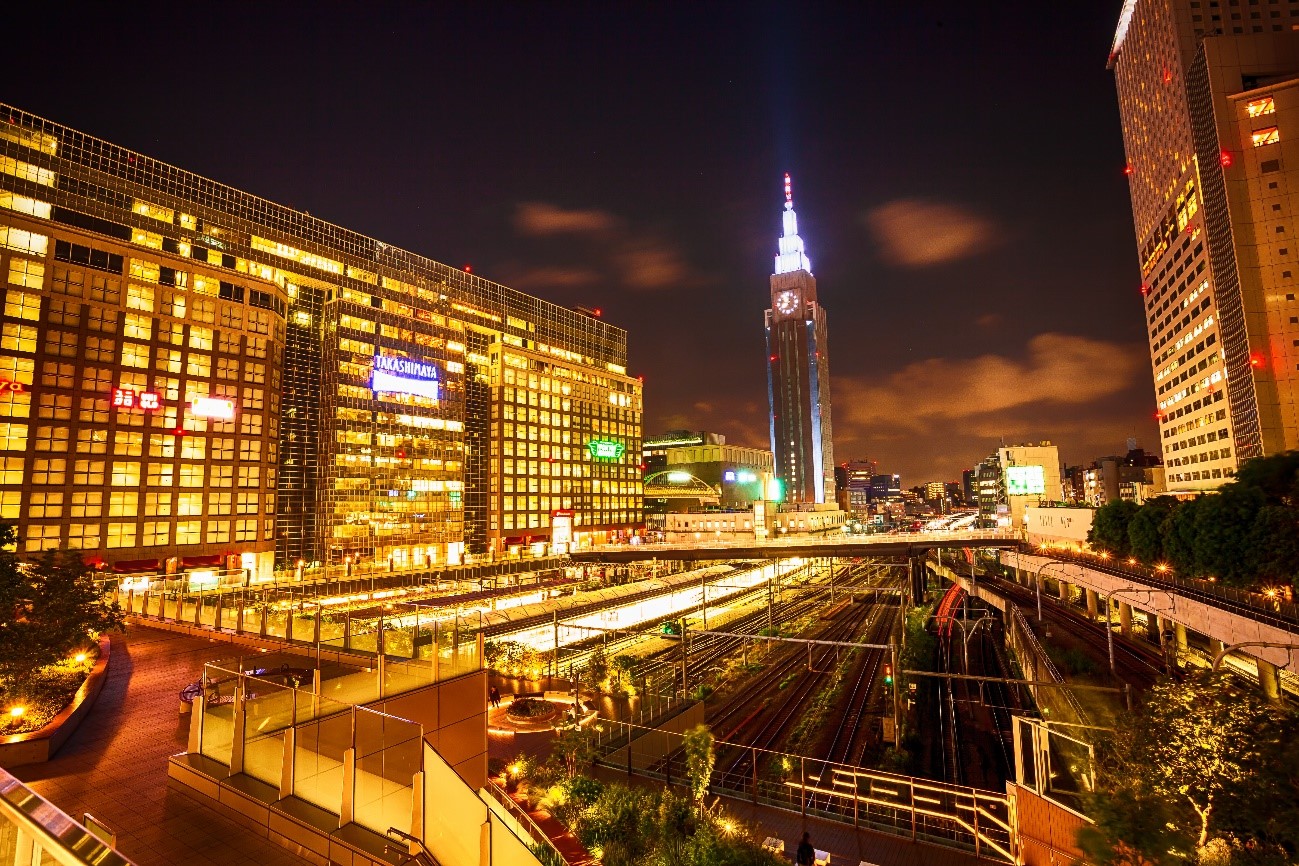Japan’s Bubble Economy lasted from late 1986 to early 1991. Though it's been over 30 years, the era still lives on in the memories of many. It was a time of fast money, bold dreams, and a lifestyle that, for a moment, seemed too good to be true.
The Glory Years: Easy Jobs and Flashy Cars
Jobs were everywhere. Young people were hired before graduation, with generous pay and travel perks. Companies even paid for interviews and sent new hires abroad for training. With money flowing, people spent freely on fashion, hobbies, and nightlife.

Japan’s car industry was booming, and flashy cars became a symbol of status—especially for young men looking to impress women. Owning a stylish car wasn’t just about driving; it was about being seen. Dating culture reflected the era’s extravagance: men often paid for everything, and luxury was expected.
The Rise of Leisure and Lifestyle Travel
Better trains, highways, and flights helped people travel more. City dwellers started exploring rural Japan or flying abroad. Travel became part of the “good life,” and businesses quickly responded by promoting comfort and luxury.

High-end resorts, ski areas, golf courses, and amusement parks opened rapidly. It was all about “living well.” There were even over 1,000 large golf courses nationwide. At the same time, people were encouraged to trade stocks at home using newly developed machines. The idea of personal investing became trendy.
The Yen Soars—and So Does Confidence
After the 1985 Plaza Accord, the Japanese yen rose sharply. Easy loans from banks fueled real estate and retail growth. With new wealth, people started using words like “wealth,” “success,” and “foreign investment” in daily conversation.

Everyone believed land prices would only rise. People traded real estate like stocks. At one point, Tokyo’s land was said to be worth more than all the land in the United States.

Flush with cash, Japan began buying up property overseas. One famous deal: Mitsubishi bought 14 skyscrapers in New York’s Rockefeller Center in 1989. It felt like Japan had truly arrived on the world stage.
Western Style and Pleasure Culture
Foreign brands flooded Japan. Western food, clothing, and products became the norm. People drank imported liquor, wore European fashion, and celebrated Christmas with full Western flair.

Architecture also became bold and experimental. Many unique buildings still standing today were built during this time, like the eccentric Asahi Beer Hall in Tokyo.

In entertainment, celebrities exploded in popularity. Pop stars, TV dramas, and gossip magazines dominated. People copied celebrity fashion, and appearances mattered more than ever. Beauty trends were loud—big hair, bright clothes, bold makeup. Magazines told women what to wear, and department stores became social hotspots.
It wasn’t just about looking good—it was about feeling on top of the world.
The Crash
But the dream didn’t last. In 1990, the government tried to slow things down by limiting loans tied to land deals. That small change triggered a chain reaction. Banks failed, companies collapsed, and people stopped spending. The economy crashed.

What looked like endless growth was actually built on speculation, not substance. And when it all fell apart, both the government and the public paid a heavy price.
The Long Shadow of the Bubble
The young people who partied in the Bubble Era are now in their 60s and 70s. Many look back with mixed feelings—pride, nostalgia, maybe regret. Today’s social issues in Japan—like middle-aged adults living with elderly parents, or the rise of extreme social withdrawal—can be traced back to the emotional and economic scars left by the crash.

Even now, the era’s physical marks remain. Walk around Tokyo and you’ll find strange, flashy buildings from that time. The architecture is a reminder that the Bubble Economy wasn’t just a dream—it happened. You can still see it, touch it.
What Can We Learn?
The Bubble Era was a wild time of confidence, luxury, and overreach. It showed how fast things can rise—and how quickly they can fall. Maybe the lesson is simple: don’t believe the good times will last forever. Be careful with money. Don’t confuse confidence for stability.
Related Articles
You may also like...
International Hostess Bar Since 1993
夢
ORIGIN
・ International Hostess Bar since 1993
・ Japanese Hospitality with International Service
・ Diverse and Charming Floor Ladies
・Located in Shinjuku, Tokyo
・Transparent Pricing
・Easy Online Reservations






















